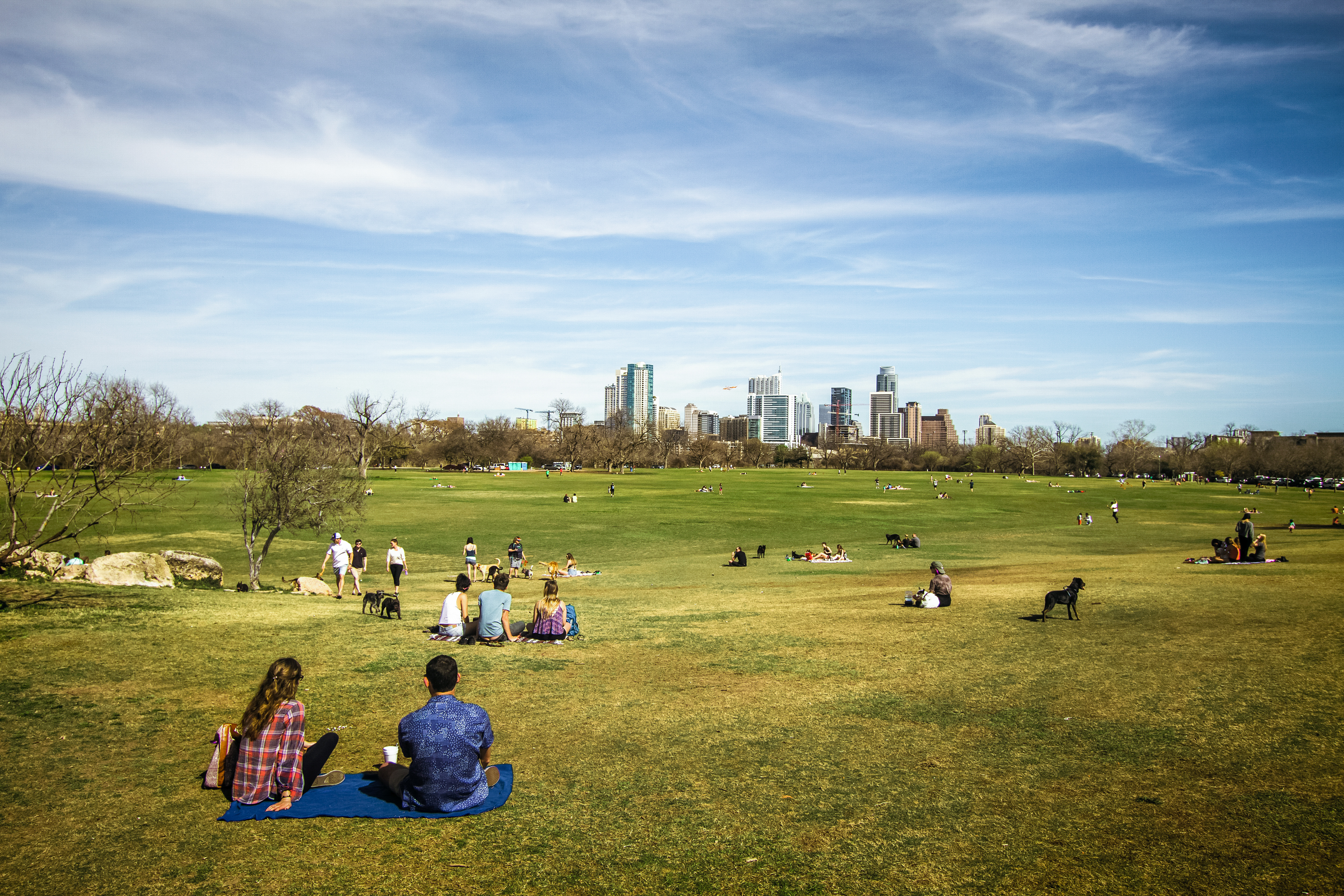EAustin, Texas
When deciding whether to become an Airbnb host, it is important for you to understand the laws in your region or city. As a platform and online marketplace we do not provide legal advice, but we want to provide resources that may help you better understand applicable laws and regulations.
This list is not exhaustive, but it may give you a good start in understanding your local laws. If you have questions, visit the short-term rental homepage or other government agencies directly, or consult a local lawyer or tax professional.
Actions a Host needs to take
Obtain a short-term rental license from the City of Austin:
- Visit the City of Austin’s STR resource page
- Follow the links to Apply for a license
- Log in or create an account
- Follow the steps to complete the application
Relevant information for Hosts
Short Term Rental Licensing
Owners of Short-Term Rentals (STRs) in Austin are required to obtain an operating license. The City of Austin defines an STR as the rental of a residential unit or accessory building for less than 30 consecutive days. The City’s information page is available here.
Taxes
The licensing process requires hosts to pay hotel occupancy taxes where applicable. Information about the Austin hotel tax is available here.
Additional information about state hotel taxes is available here.
Other resources to help you Host
- Safety & Airbnb
- Airbnb Resource Center to help you become your best Host
- Austin area Airbnb Host Facebook Group
- Austin’s Code Compliance Office
Airbnb isn’t responsible for the reliability or correctness of the information contained in any links to third party sites (including any links to legislation and regulations).
Amanqaku asondele kweli
Ukuqokelelwa kwerhafu yokuhlala nokuthunyelwa kwayo yi-Airbnb e-Texas
Nantsi into ekufuneka uyazi ngokuqokelela irhafu yendawo yokuhlala nokuyithumela kwingingqi yakho.- Umbuki zindwendwe
Ziziphi iindawo apho lisebenza khona eli lungiselelo lika-Airbnb, lokuqokelela nokuthumela ingxelo yerhafu yokuhlala?
UAirbnb uqokelela aze abhatale irhafu egameni lababuki zindwendwe kwiindawo ezininzi emhlabeni wonke.
